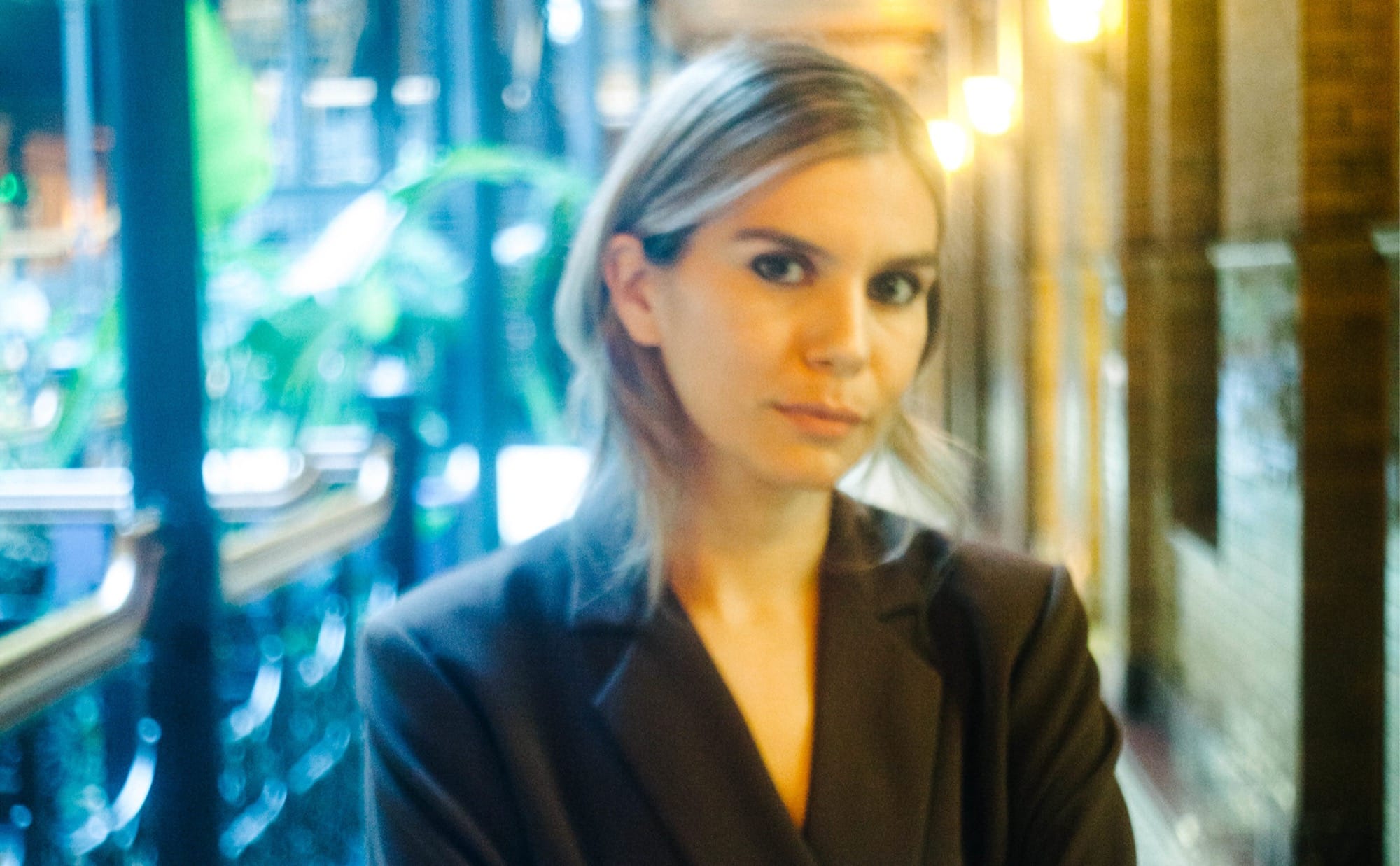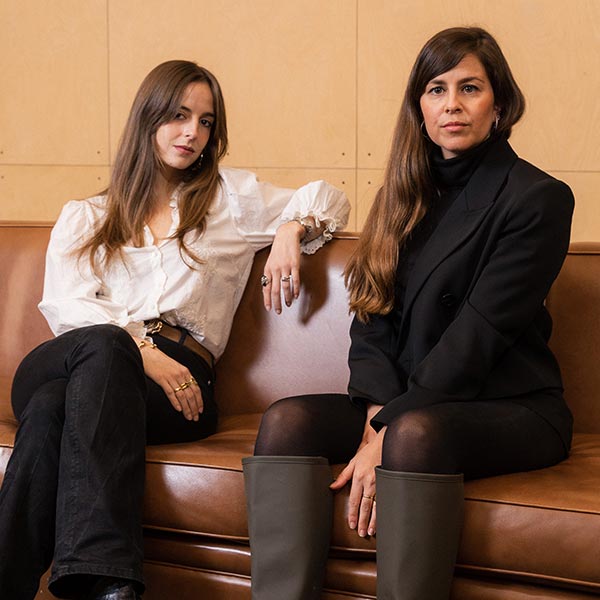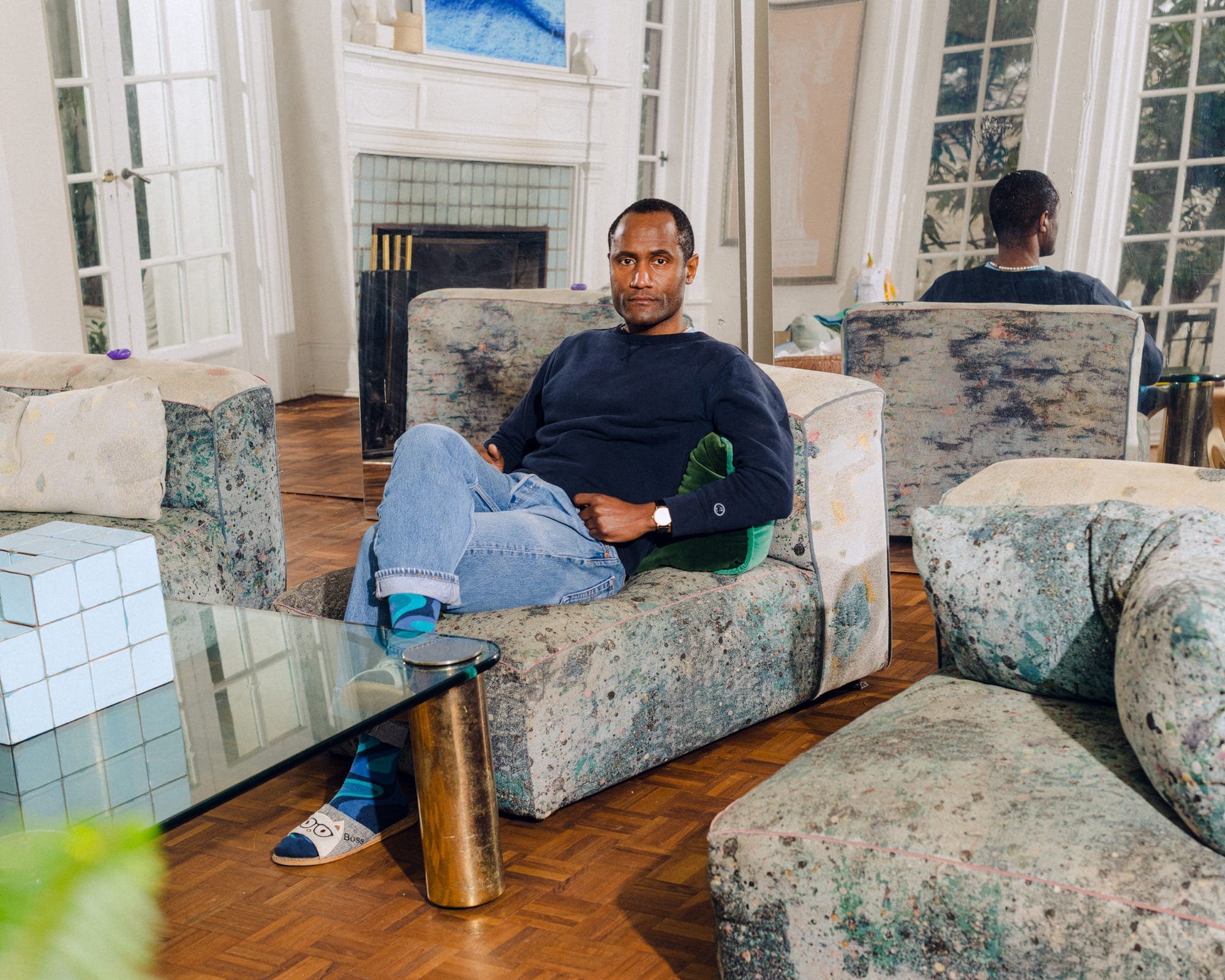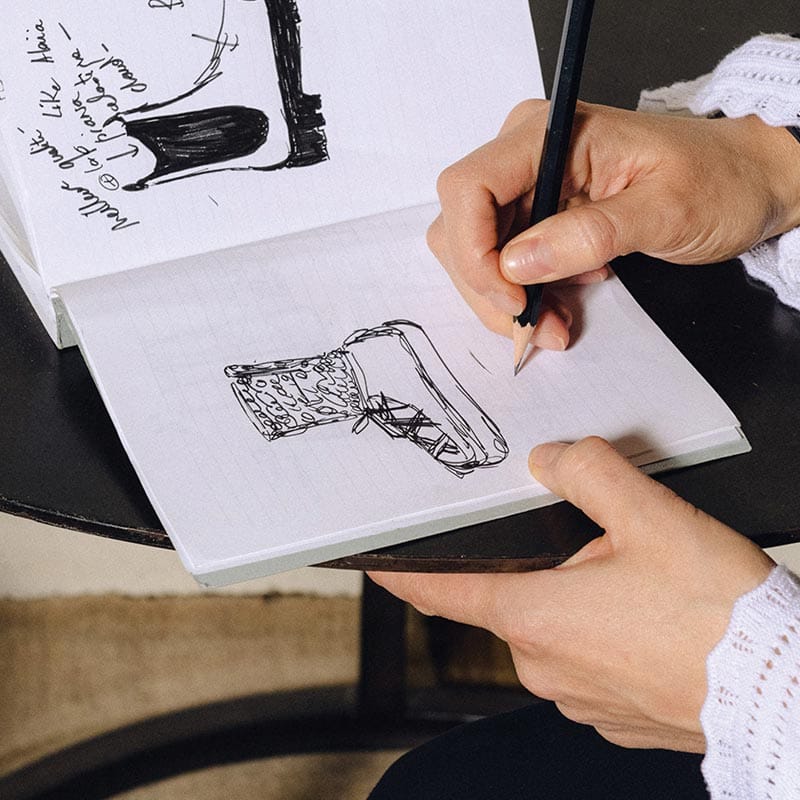A woman who patiently waits for an intruder to enter her bedroom. An Eastern European immigrant split between her tennis coach and the attention of the local high school boys. A woman terrorized by a more attractive, superior woman she sees at the gym. These are just a few of the uncomfortable conceits featured in Bad Thoughts, the debut collection by Nada Alic. Of course, none of those premises really do justice to the stories themselves, which go deep into the discomfiting, disjunctive inner worlds of her characters. Still, it gives some idea of the ground these stories explore. Alic, who recently gave a reading of her new book at NeueHouse Bradbury, sat down with NeueJournal to talk about her own insecurities, how she found her literary course, and the surprising/not surprising validation of hearing from readers who identify deeply with her characters and their inner states.
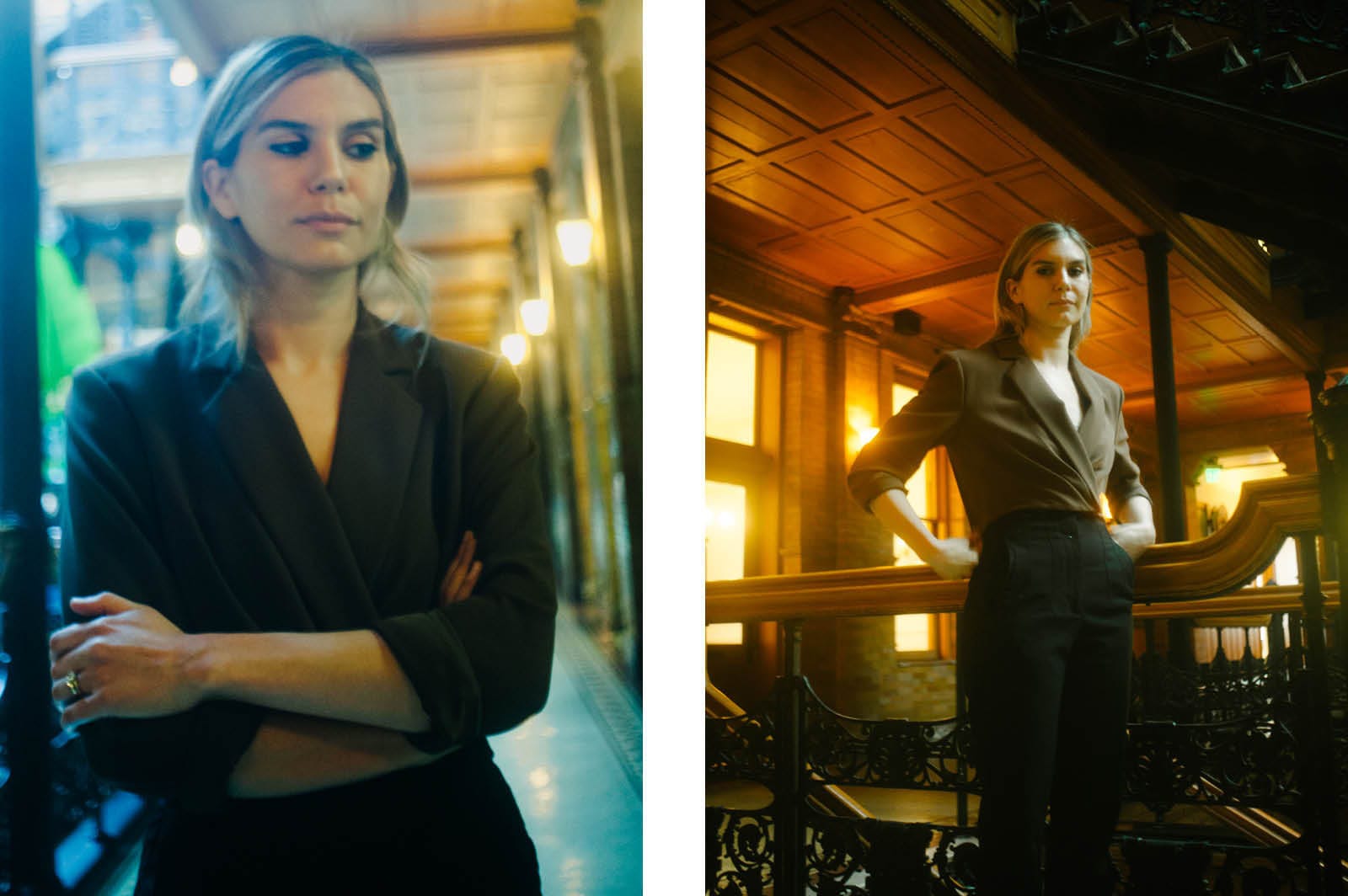
NEUEJOURNAL:
It seems like your stories tend to have a certain type of character. The shorthand would be that they have a neurotic quality to them. What is it about that type of character that appeals to you?
NADA ALIC:
I’ve always felt like there’s this strange divide between [our] internal and external worlds, and how different they can be. There could be a completely different narrative going on inside a person that is just not reflected externally. Growing up, my internal world felt so incompatible with my face and body and general vibe. I didn’t know how to reconcile my obsession with Ram Dass and depressing dad rock with my desire to spend hours in front of the mirror globbing makeup on my face to look hot.
I didn’t have the language for any of this at the time, but I wanted to know if other people felt similarly. It really confused me why we weren’t all talking about how weird it was that we exist and how we’re all going to die. Everyone just seemed so good at performing a self. Catholicism felt like the ultimate performance to me, with its rituals and costumes and reductive platitudes. It all seemed so absurd to me.
NEUEJOURNAL:
Is that something you arrived at yourself?
NADA ALIC:
Yeah, I grew up in a very insular diaspora community of Croatians outside of Toronto, so it was all I knew. As I got older, my non-Croatian friends at school became endlessly more interesting to me, because being Croatian was something that was so intensely imposed upon me that I naturally rebelled against it.
“I’ve always felt like there’s this strange divide between [our] internal and external worlds, and how different they can be.”
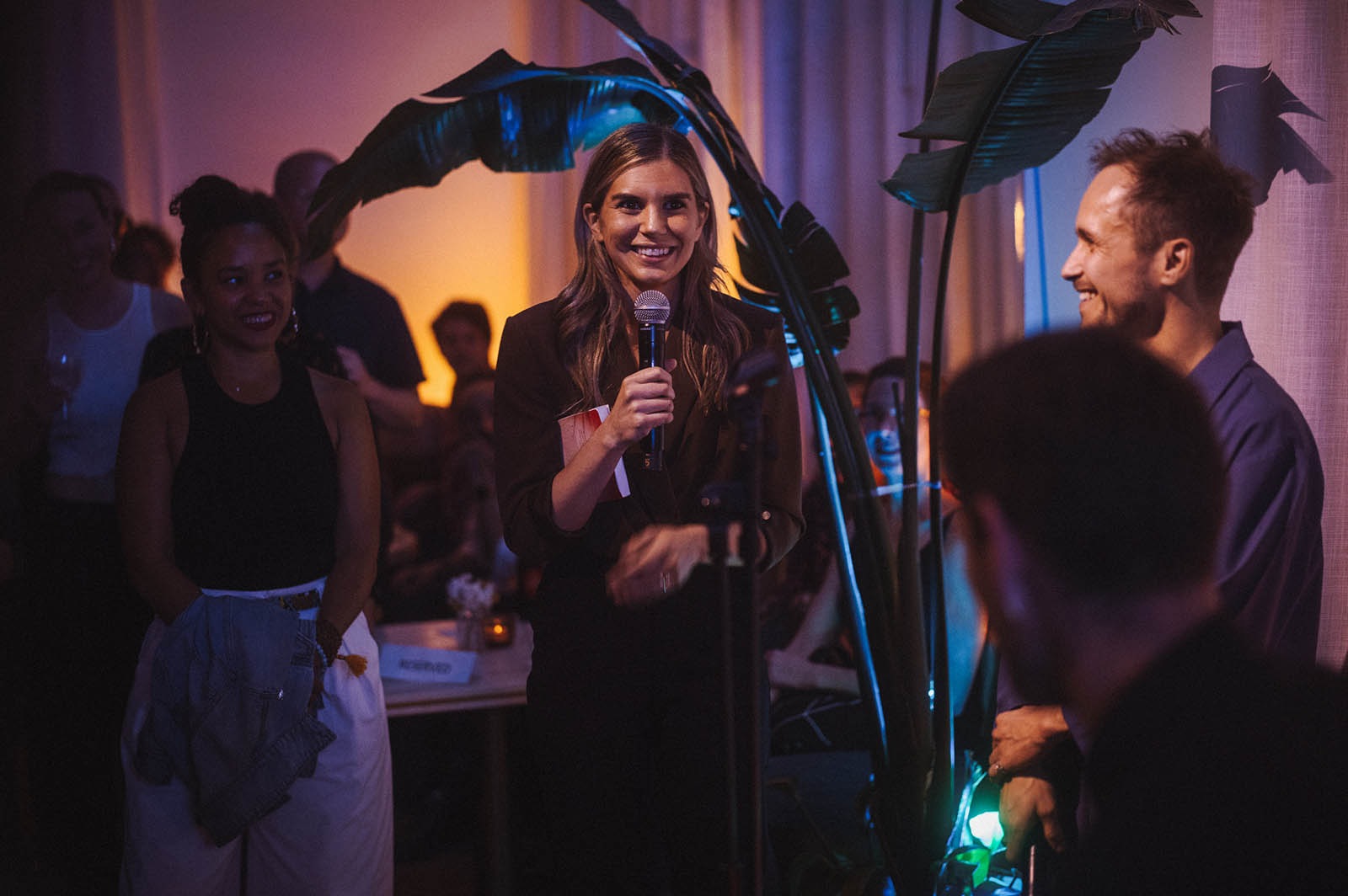
I was caught between these two worlds: in one, I’m getting my belly button pierced at the mall and drinking in a park with my friends, in another I’m dancing polka in a Croatian banquet hall and confessing my sins to a priest who does not speak English. There was an internal agitation of not quite fitting in on either side. This led me to live inside my own mind and make a home there instead.
NEUEJOURNAL:
Now that the book is coming out, are you getting that validation from people?
NADA ALIC:
Since the book isn’t out yet, I get the most immediate response from readings. My husband plays in a band and he’s used to that energy exchange with an audience, whereas [I’ve been] alone for three years writing a book and thinking, “I don’t know if this is gonna land.” Usually at a reading, someone is whispering a sad poem off their phone, so I think it’s a relief to people to be like, “Oh, yeah, we can laugh.” We don’t always have to conflate intellectualism and seriousness as high art. Humor can be just as profound.
NEUEJOURNAL:
What made you want to do the short films?
NADA ALIC:
I knew early on it’s impossible to get someone to buy and read a book these days. There are just so many books out there. All my friends are different kinds of artists, so I was like how can I get my friends involved and make this not just about me, because I’ve been really alone with this.
I reached out to my friend Brandon Tauszik who is a director and one of my oldest friends. He co-runs a production company called Sprinkle Lab with another friend of mine, Matty Lynn Barnes. Once they were in, I roped in one of my best friends, Kenny Laubbacher as the producer. I pulled three scenes from the book that I wanted to make into short films and we made a shot list and mood boards. We were all aligned on the vision and the tone. Sprinkle Lab brought in a whole crew and it was all very professional. Our cast was incredible too: Kate Jean Hollowell, Anna Seregina, Grace Mitchell, Joey Howard, Morgan Jean Quinn. Seeing my weirdo ideas come to life on screen was very surreal and fun. It made the book feel more real to me, because for so long it’s just a document on your computer. Suddenly it’s the title on a call sheet.
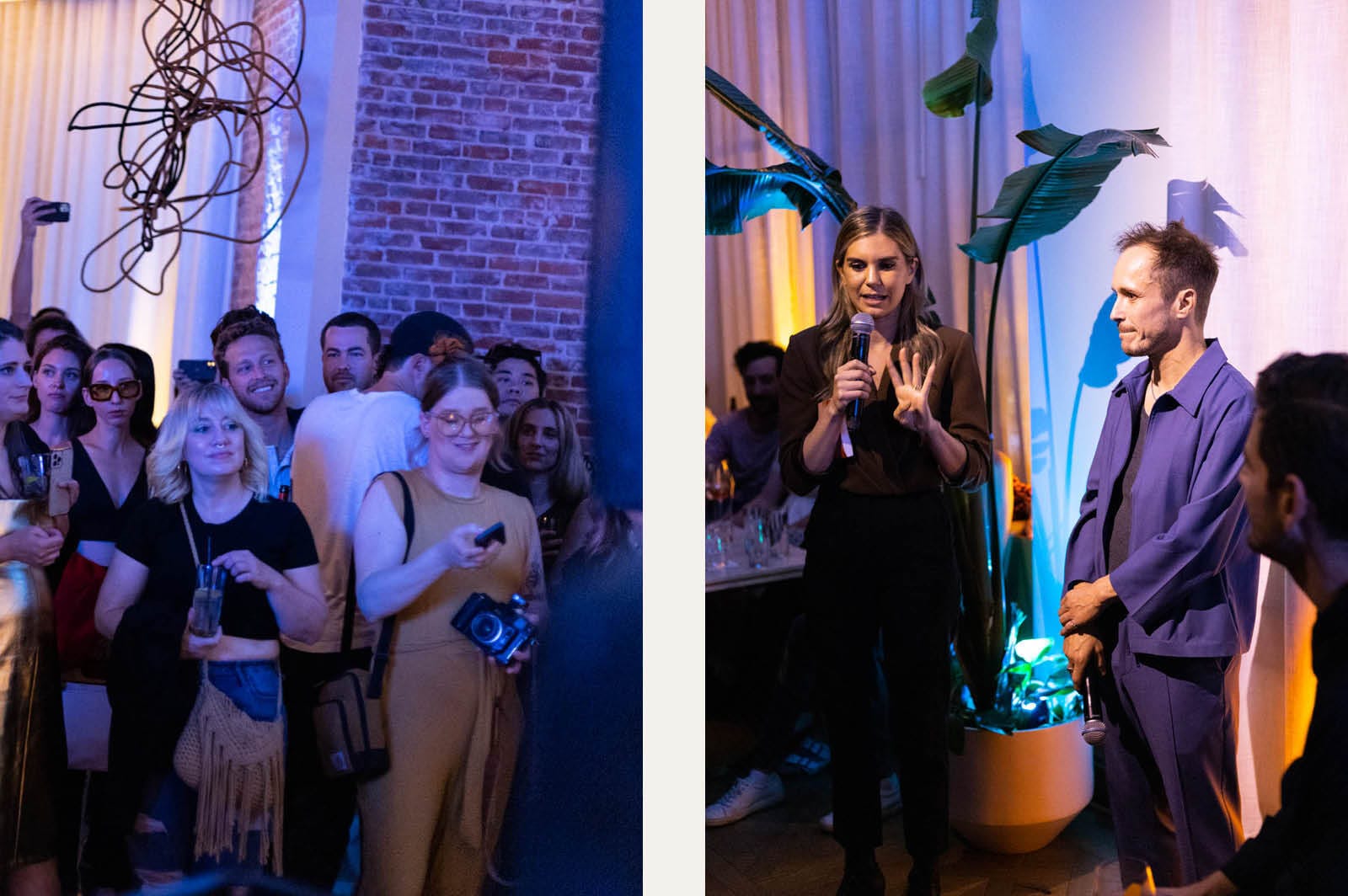
NEUEJOURNAL:
Did making the shorts pique your interest in film at all? Or did you think of it as a thing you were doing that was self-contained?
NADA ALIC:
I’m interested in film world, but I’m not sure in what capacity yet. Over the years I’ve had industry people reach out to me and I’ve always been a bit confused about what they want from me. I’ve since learned that these are quite common and they’re known as general meetings where someone vibes you out and there’s no clear intention, and you mostly never hear from them again. I’m writing a novel now that’s due next year and I originally thought of it as a film, so I hope to adapt it once it’s out, but I’m a bit superstitious about it. It takes a while for me to believe I’m doing a thing until it’s done. I didn’t like talking about the books until I sold them, so I can’t really allow myself to indulge in any film fantasies until I finish a screenplay.
NEUEJOURNAL:
Would you say there’s a literary writing scene in LA?
NADA ALIC:
Being a literary writer in L.A. who isn’t also in the film world is still a bit weird and niche, but that’s been changing in the last year. There are some cool literary magazines like Forever Magazine who are publishing exciting work and hosting events. I still prefer to be alone most of the time, but it’s nice to have the option.
NEUEJOURNAL:
I wonder if having that distance is, in some ways, a little bit freeing even if you look occasionally at what might be over there.
NADA ALIC:
I think there’s a naïve purity to not coming out of the literary world and engaging with it as a bit of an outsider. I didn’t get an MFA, my husband’s a musician, my best friend is a painter. It feels like everyone in my world in L.A. is so unfamiliar with anything literary. Surrounding yourself with different kinds of artists is a really effective safeguard against taking yourself too seriously.
“It takes a while for me to believe I’m doing a thing until it’s done.”
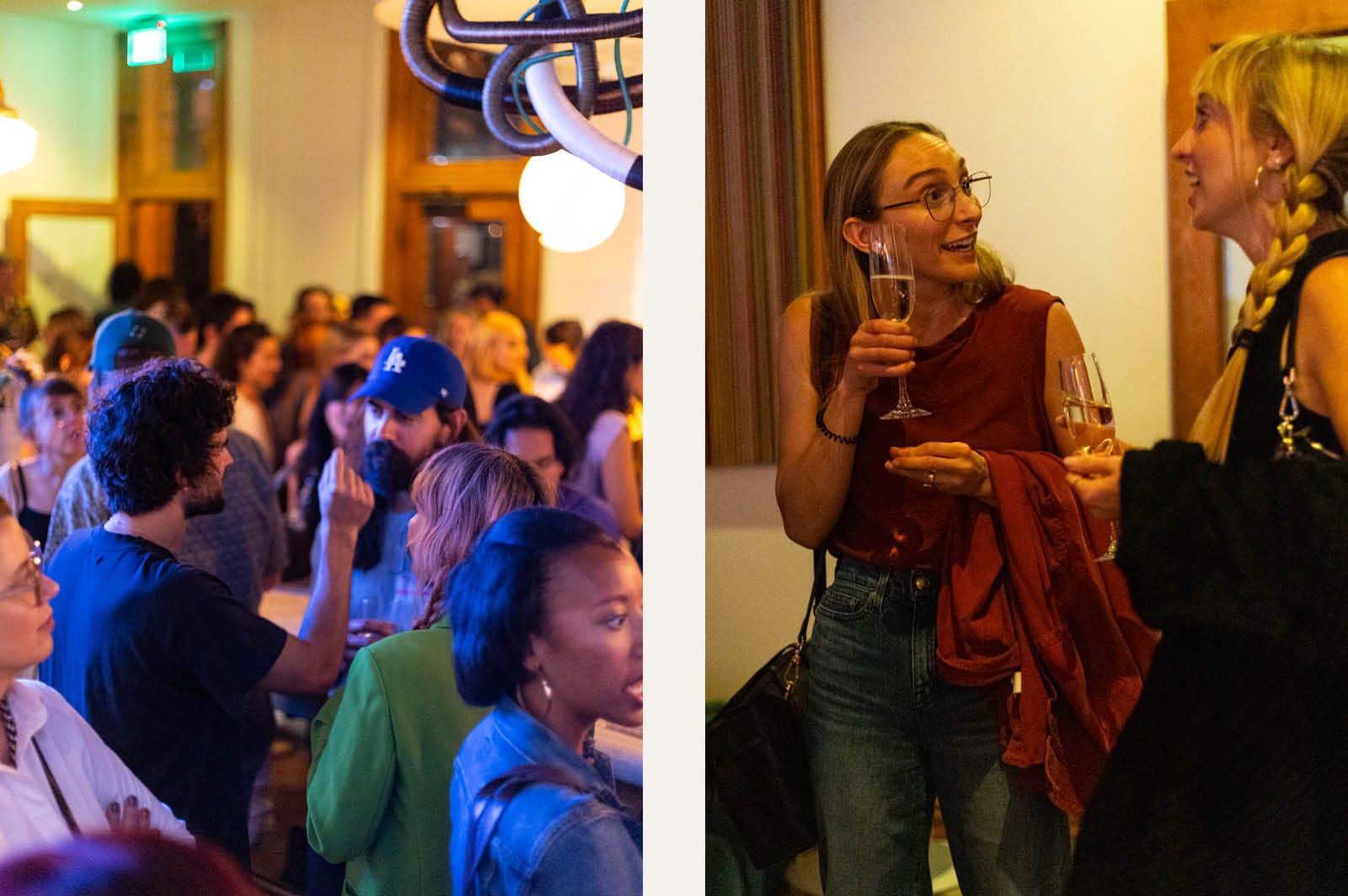
NEUEJOURNAL:
It seems like it would be hard to stay motivated without having other people to rub up against in a way. How do you think you were able to keep going?
NADA ALIC:
Well I just got off a Zoom therapy call and I was just talking about my avoidant personality! I sort of stubbornly prefer to make my own way and do things by myself. I honestly can’t even go to yoga class because I have a weird thing about authority. The only person I’ve ever tried to impress with my writing is my friend Andrea. She really encouraged me early on and our dynamic has always just been me trying to make her laugh. My closest friends are all really funny, so we’re constantly trying to outdo each other in the group chat. That’s probably informed my writing more than anything.
NEUEJOURNAL:
What were some of those books that opened your eyes and made you want to do it?
NADA ALIC:
Sheila Heti’s How Should a Person Be? Lorrie Moore’s short story collections. Croatian writers like Dasa Drndic and Slavenka Drakulic. Halle Butler, Patricia Lockwood, Samantha Hunt, Sarah Manguso, Eve Babitz, Marguerite Duras. Lydia Davis, Tamara Faith Berger.
NEUEJOURNAL:
This is a big leap, but the stories that I’ve read of yours feel very contemporary, in terms of the inner states that we are all feeling right now—that there’s a bigger and bigger gulf between how we feel on the inside and what we’re projecting on the outside…or expected to project on the outside.
NADA ALIC:
Absolutely. I’ve always been super fascinated by performance. Performance of a self, how we present ourselves online. It’s a strange thing to be suddenly forced to contend with in promoting a book. The collectively agreed upon artifice and celebrity worship makes me feel crazy sometimes. But I can relate to the instinct of creating a persona as armor. A public persona is a healthy interface between an artist and the world. There is so much of me that is private and I would never exploit for public consumption. I’m hoping we reach a breaking point where this whole charade becomes passe.
NEUEJOURNAL:
It could break in a positive way of people acknowledging it, but it could also break in a lot of darker ways too.
NADA ALIC:
Right. It’s like how much performance is necessary in order to participate in society. Not every interaction requires your whole self, like I don’t need my dermatologist to really know me. But I think you can play a role and not get too caught up in it too, not believe it fully. Sometimes I’m around people who really buy into their own performance, and I often wonder what they’re thinking, if their internal world is just as feral and dark as mine. Or maybe they don’t bother too much with the abstract because they’re too busy being a person in the world. Maybe I should try that.
